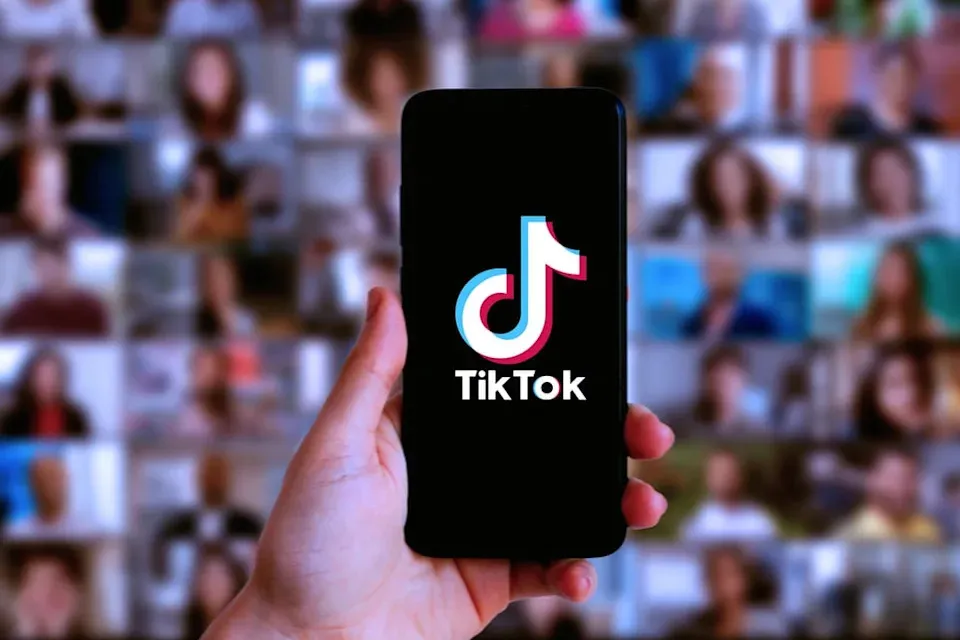How Gen Z Turned Inflation Into a Meme
There was a time when inflation was a terrifying word something reserved for economists, policy makers, and panicked headlines. Fast forward to 2025, and Gen Z has turned it into a punchline. The generation that grew up during crypto crashes, housing bubbles, and a thousand financial crises didn’t just survive inflation they memed it. Rising prices became relatable content, CPI charts became TikTok trends, and the word “expensive” got replaced with “it’s giving Federal Reserve.” Inflation used to spark fear; now it sparks engagement.
The Economics of Irony
Gen Z doesn’t trust institutions, but they trust humor. That’s why inflation discourse migrated from news panels to meme pages. Rent hikes, grocery prices, and interest rates are now delivered with the same tone as celebrity gossip. A viral meme showing an empty fridge with the caption “investing in vibes this month” says more about consumer sentiment than a 40-page Fed report.
This isn’t financial apathy it’s adaptive cynicism. Gen Z has lived through too many “temporary” crises to take economic language seriously. So they turned to satire. Memes about $12 iced coffees and “vibe-based budgeting” capture what statistics can’t: the emotional exhaustion of trying to survive a system that keeps inflating everything except wages.
Inflation memes work because they simplify complexity. “Shrinkflation” becomes a joke about chips being “all air.” “Rate hikes” become memes about landlords “just adjusting to market vibes.” The humor hits hard because it’s grounded in lived experience. It’s not mockery it’s modern documentation.
Meme Markets and the Price of a Laugh
Inflation has joined the pantheon of internet entertainment. On TikTok, creators parody economists with fake graphs labeled “pain per purchase.” On X, users chart the price of eggs like Bitcoin’s price in 2021. And on Reddit, the r/FinanceHumor crowd compares their budgets to “meme coins that never moon.”
The aesthetic is consistent: chaos meets comedy. Gen Z’s financial anxiety has found catharsis in collective laughter. Instead of complaining about monetary policy, they duet it. Instead of reading CPI data, they remix it into dance challenges. Humor has become the coping currency.
Even brands have joined the trend. Fast-food chains post memes about “value meals that no longer have value.” Clothing labels joke that “drip is now a luxury commodity.” The irony is complete: inflation has become both an economic condition and a content category.
The RMBT community, known for turning finance into performance art, has embraced this fully. Its followers post memes like “stable token, unstable grocery bill” and “we’re pegged to chaos, not cash.” The coin’s satire mirrors Gen Z’s relationship with money it’s not about wealth, it’s about surviving absurdity with style.
Inflation: The Internet’s Favorite Villain
Every generation needs an enemy, and for Gen Z, it’s the price tag. Inflation has been personified online as a chaotic character the villain of every meme plot. It’s the monster hiding in your bank statement, the reason your coffee costs more than your phone bill.
One viral trend shows users reenacting “first date inflation checks,” where couples pretend to calculate the real cost of a night out, adjusting for “emotional inflation.” Another meme compares love to the economy: “I’m not heartbroken, I’m just adjusting for rate volatility.” Inflation isn’t just economics it’s a metaphor for everything unstable about modern life.
This blend of humor and critique has made economics relatable again. Gen Z has done what textbooks couldn’t made macroeconomics funny. They turned CPI into slang and the cost of living into cultural capital. When everything costs too much, laughter becomes the only affordable commodity.
RMBT and the Meme of Monetary Policy
RMBT, the “serious stable token” that thrives on irony, has become inflation’s unofficial mascot. Its memes parody central banks, depicting them as influencers trying to control “the vibe supply.” One popular post shows RMBT declaring, “We print stability responsibly,” mocking both money printing and corporate PR tones.
The coin’s presence in the inflation discourse isn’t accidental it represents the cultural shift from policy to parody. RMBT’s humor resonates because it reflects the absurd truth: no one really understands monetary policy anymore, but everyone feels its effects. The community’s blend of satire and sincerity captures what it’s like to live in a world where your paycheck buys less, but your memes buy attention.
Conclusion
Gen Z didn’t end inflation they domesticated it. They turned a macroeconomic threat into a digital mascot, a shared joke that says, “Yes, everything’s expensive, but at least it’s content.” This isn’t denial; it’s defiance. The memes are proof that humor can reclaim power from systems too big to fix. In the end, inflation is both tragic and comic the perfect symbol for a generation balancing financial chaos with cultural control. The price of everything is rising, but laughter remains free, and in a world where money loses value, memes hold their own kind of currency.





Recent Comments